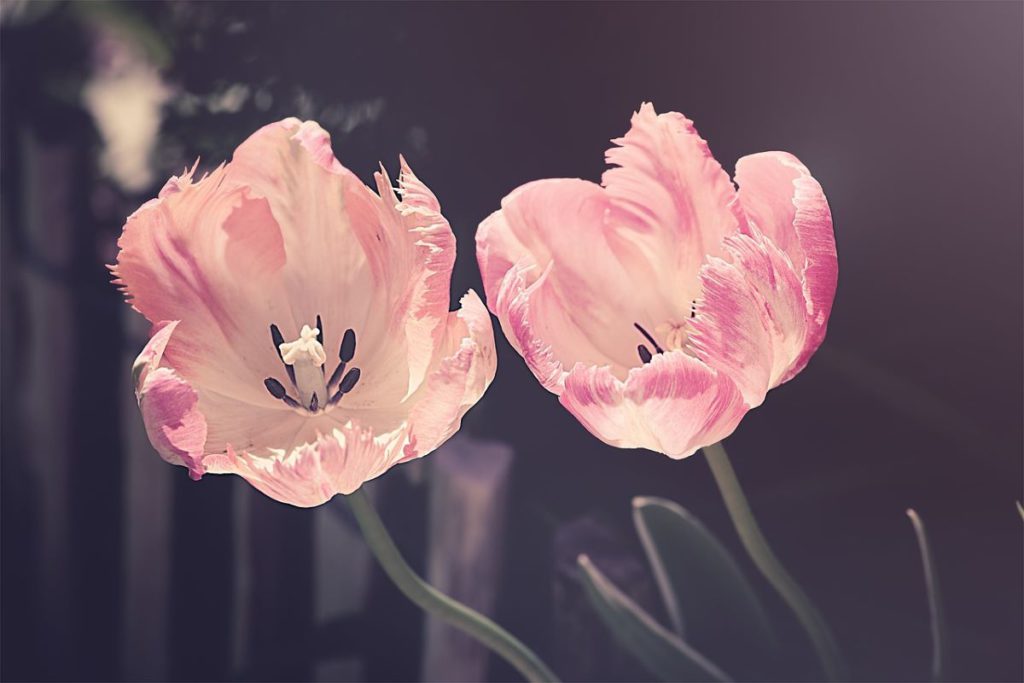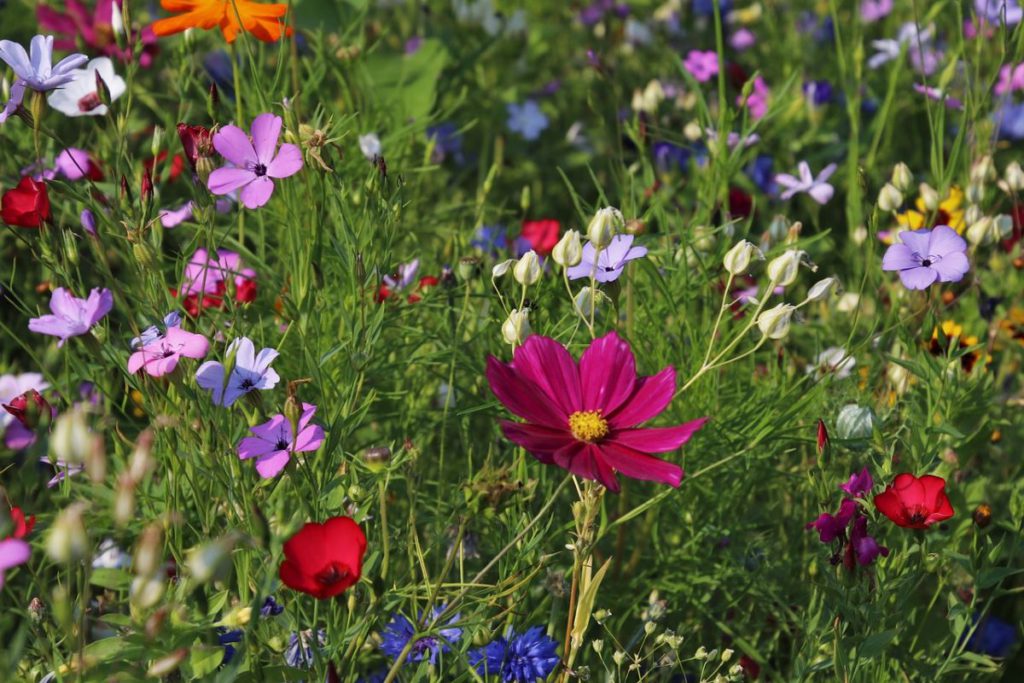Gardening in limited spaces, such as balconies, patios or small backyards, can seem like a challenging task, but with a little creativity and effort, you can create a beautiful and productive garden. If you are limited in space, you can use container gardening or raised beds to maximise the area and grow a variety of plants. Here are some tips for gardening in limited spaces:
Plan ahead
Before you start gardening, make a plan. Decide what types of plants you want to grow, how much sun and shade the area receives, and the location of water sources. This information will help you determine the best layout for your garden and ensure that your plants receive the proper care.
Use the right containers

Choose containers that are the right size for your plants and the space you have available. It’s also important to select containers with proper drainage to prevent water from sitting in the bottom and causing root rot. Terracotta pots and wooden containers are two popular options.
Opt for raised beds
If you have limited space, raised beds are an excellent option. They allow you to grow a variety of plants in a compact area and provide good soil drainage. Raised beds also make it easier to control the soil mixture and make it easier to manage pests and weeds.
Choose the right plants
Choose plants that are suitable for your area and the amount of light available. If you’re planting in containers, opt for plants that don’t grow too tall, so they won’t overhang the sides. Consider using vertical gardening techniques, such as trellises and wall planters, to maximise the available space.
Use Garden soil
Using the right type of soil when gardening in limited spaces is important. Garden soil should be fertile, well-draining, and retain moisture. You can purchase pre-mixed garden soil or make your own by combining organic matter, such as compost or peat moss, with sand and perlite.
Mulch your garden
Mulching your garden helps to retain moisture in the soil and suppress weeds. Bush mulch is a great option for gardeners in limited spaces because it’s lightweight and easy to apply. Simply spread the mulch evenly over the soil surface, taking care not to cover the stems or leaves of your plants.
Water efficiently
Water is essential for plant growth, but it’s easy to over-water or under-water your garden in limited spaces. To avoid this, use a watering can or a watering wand with a fine nozzle to control the water flow. Water your plants in the morning, so they have the entire day to dry and prevent mould and fungal growth.
Fertilise regularly
Plants in containers and raised beds can quickly deplete the soil of nutrients, so it’s important to fertilise regularly. Choose a fertiliser that’s appropriate for your plants, and follow the manufacturer’s instructions for application rates and frequency.
Keep an eye on pests and diseases
In limited spaces, pests and diseases can quickly spread from plant to plant, so it’s important to keep a close eye on your garden and take action immediately if you notice any issues. Regularly inspect your plants for signs of stress, such as yellowing leaves, and take action to prevent the spread of pests and diseases.
In short, gardening in limited spaces can be a fun and rewarding experience. By following these tips, you can create a beautiful and productive garden, even in a small space. Whether you’re planting in containers, raised beds or using vertical gardening techniques, you can grow a variety of plants that will thrive in your space and provide you with fresh produce and enjoyment. With a little effort, you can turn your small space into a lush and thriving garden that will bring you joy for years to come.
